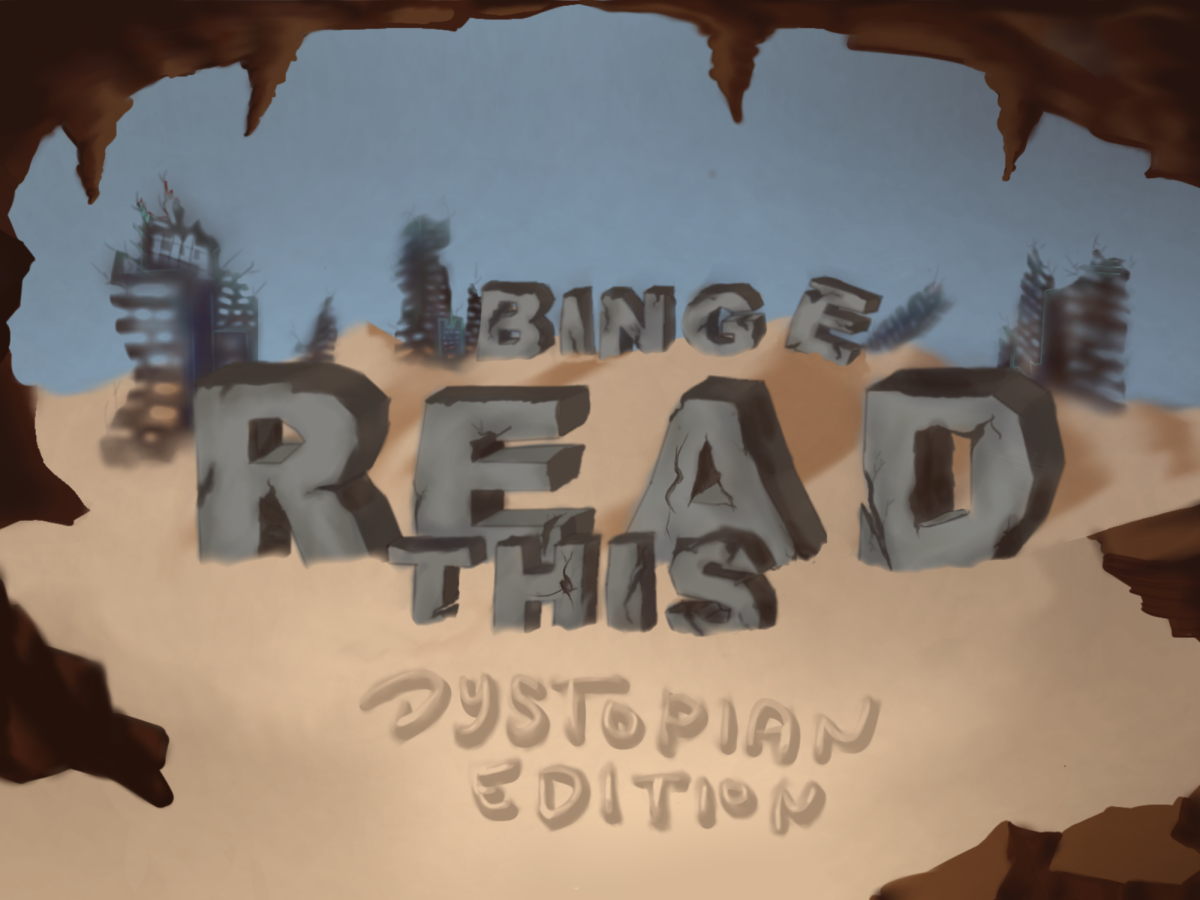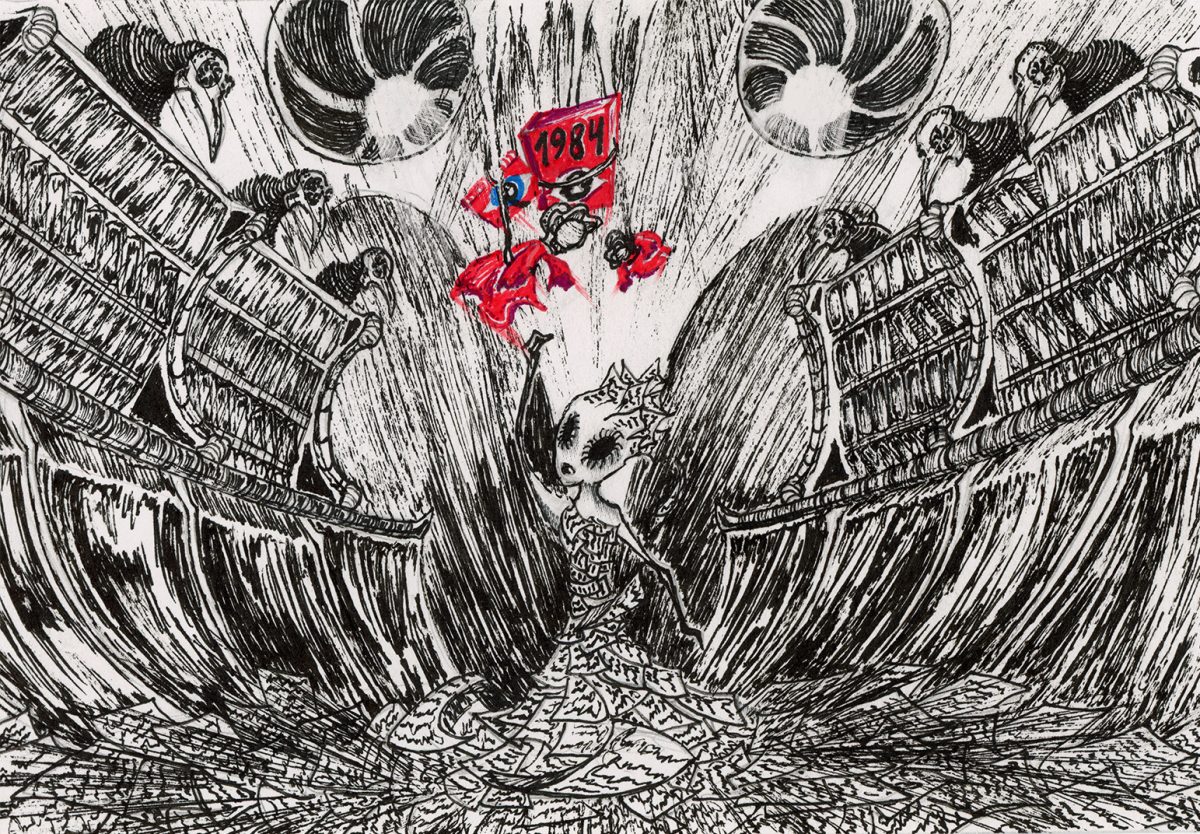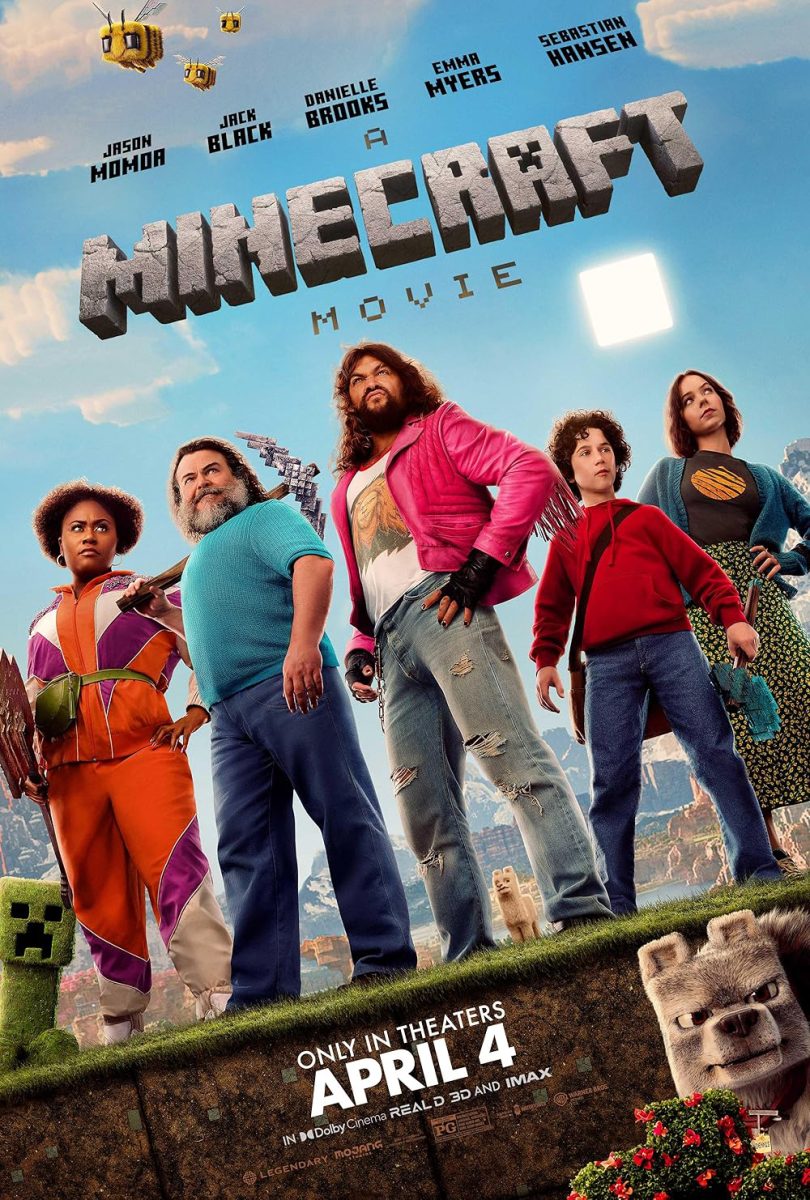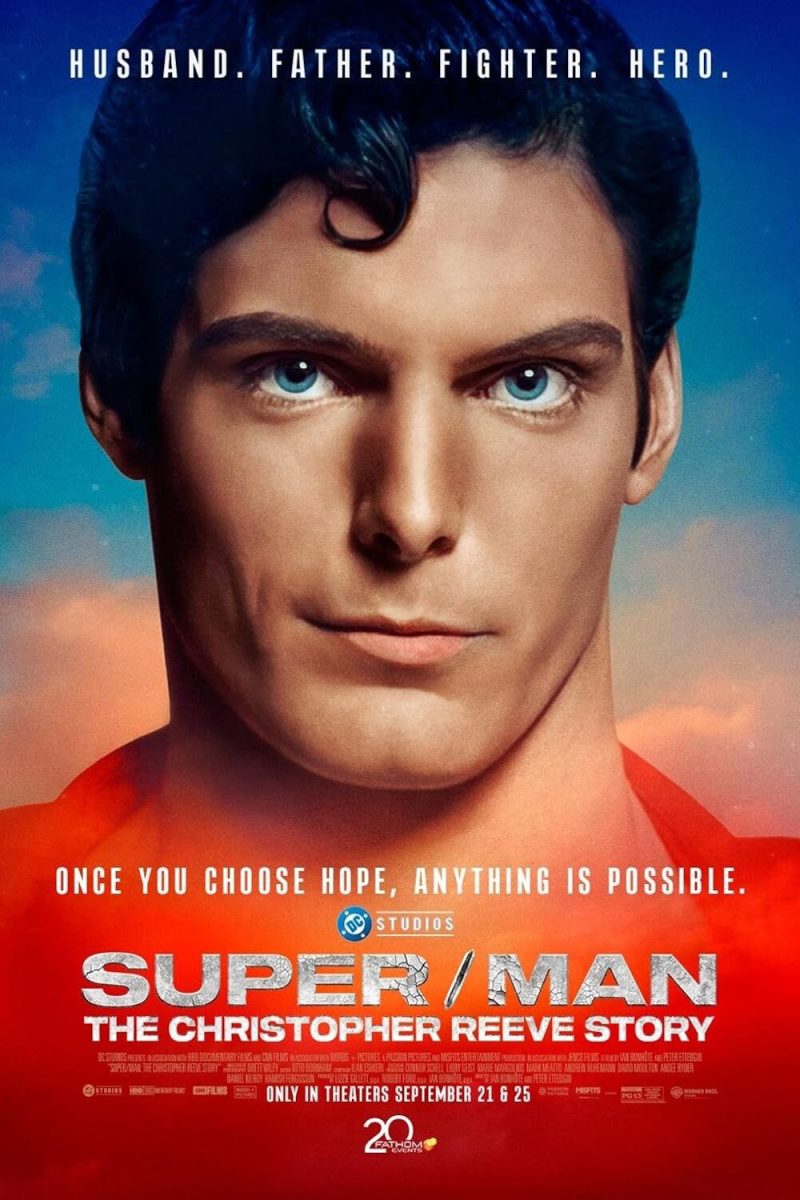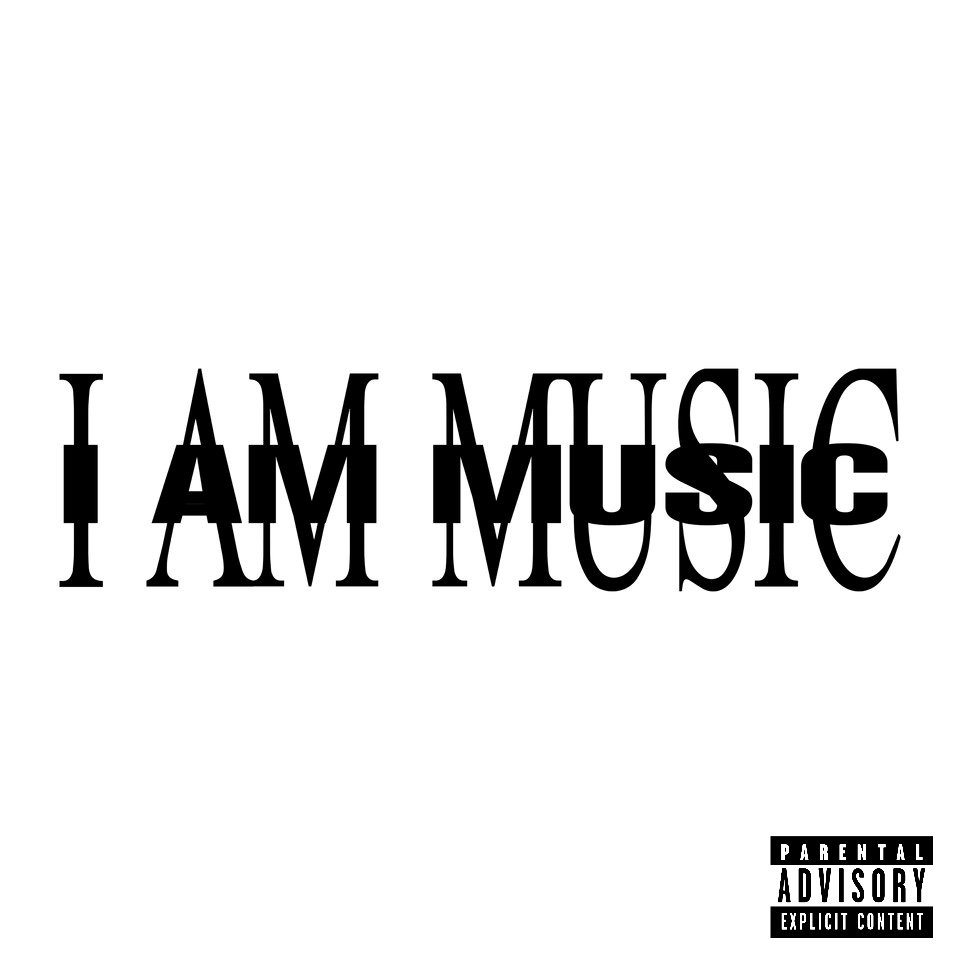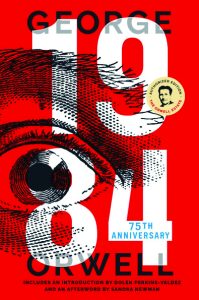 “1984” by George Orwell
“1984” by George Orwell
“1984” is a warning against totalitarianism, taking place in the nation of Oceania. Winston Smith is forced to navigate a world where everyone is under surveillance by the Inner Party (the society controlling the government). Throughout, Winston is frustrated with the restraints of the Party – no one is allowed to express thoughts that don’t align with the Party, citizens couldn’t keep a personal diary (a rule Winston broke) and they shouldn’t be participating in activities that don’t benefit the Party. The book is excellent in emphasizing the oppressiveness of the Party, the indoctrination of its beliefs onto citizens and the terrifying dangers of going against it in any way. Additionally, with tension rising currently with the current United States government, “1984” parallels the growing worries of nationalism, censorship and privacy in an alarming way. It’s an eerie feeling seeing these disturbing similarities in real time. “1984” is an uncomfortable but read that will broaden any reader’s perspective.
TW: Disturbing imagery, sexual content, violence, offensive/discriminatory language
– SI
“Fahrenheit 451” by Ray Bradbury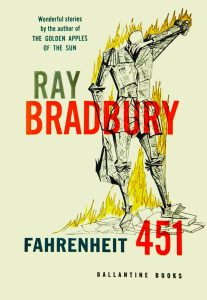
“Fahrenheit 451” is a meaningful book because it highlights the importance of forbidden knowledge. In its infinite wisdom, the democracy has determined that no one can have access to books, because books allow people to educate themselves. If they can’t educate themselves, then they won’t develop their own opinions. If nobody can develop their own opinions, there are no disagreements. All in an effort to make society perfectly “happy.” When reduced to consumers of mass media and nothing more, where is the value of human life? Will humanity’s failure to learn from the lessons of the past doom it to destruction? Is state-regulated entertainment really art? Explore the world of a fireman and a quest for lost knowledge.
TW: Death, ableism, suicide, violence, substance use, sexual assault, emetophobia
– MS
“Animal farm” by George Orwell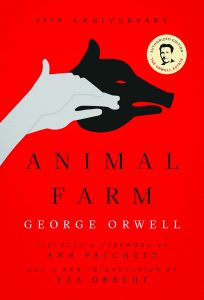
“Animal Farm” is a classic that paints the picture of the rise of Stalinism through the story of a group of anthropomorphic farm animals who rebel against their human farmer and create a society where they are free and equal. The fable dives into power and critiques the concept of totalitarianism, as the animals’ revolution spirals into oppression under their own kind.
What begins as a pursuit of a utopian society soon unravels into a grim reflection of historical revolutions gone awry. The pigs, led by the ruthless Napoleon, manipulate language, history and fear to cement their rule, mirroring the very tyranny they overthrew. The phrase “All animals are equal, but some animals are more equal than others” encapsulates the hypocrisy that plague their newfound order. Orwell’s sharp prose makes every shift in power all the more chilling.
“Animal Farm” is a commentary on how power corrupts and how fear is wielded to control the masses. The novel serves as a cautionary tale about the fragility of freedom.
TW: Animal abuse, death, violence
– JS
“The Handmaid’s Tale” by Margaret Atwood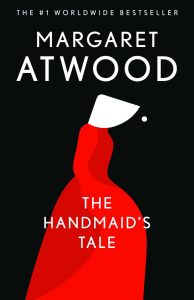
The Republic of Gilead, a patriarchal regime that has overthrown the U.S. government, has implemented a strict society. Environmental disasters and infertility are widespread and fertile women, now known as Handmaids, are forced into servitude for powerful, childless families to bear their children.
The story follows Offred, once an ordinary woman with a family of her own, now turned Handmaid. Under the threat of punishment by death, Offred and others forced into servitude navigate life under a government determined to keep them compliant. Offred harbors a quiet resistance, clinging on to memories of her past.
Atwood explores human nature, female anatomy, the role of ordinary individuals and the quiet resistance that inhabits strict, high-surveillance societies. Through Offred’s silent reflections, the reader is warned of the fragility of rights and freedom, creating a story that is just as relevant today as it was when it was first published in 1985.
TW: Disturbing imagery, sexual content, rape, death
– DS
“Lord of the Flies” by William Golding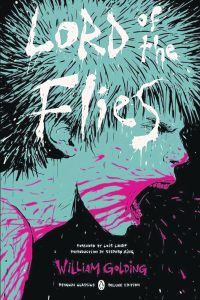
A decade had gone by after World War II so the fear of warfare was at its highest, and “Lord of the Flies” projects that fear and its outcome. This a story that starts off as man vs nature but progresses into a man vs man conflict. A group of children survive a plane crash and make a stand for survival at a local island.
Within the first chapters there are elements of humans starting off from scratch, such as hunting and creating fires from woods and spears from stone. There are also interactions that occur between the main protagonist (Ralph) and the rebellious member (Jack) which are portrayed as the foundations of democracy and the greed for power.
This story is rich with the fruition and horrifying flaws of human nature. There are more twists and turns that occur in this novel and it would be unfair to list them all. Lord of flies is a definite must read.
TW: Abuse, bullying, death, murder, violence
– CI


